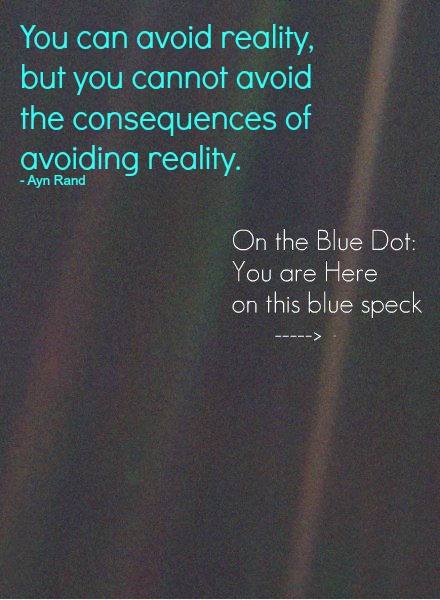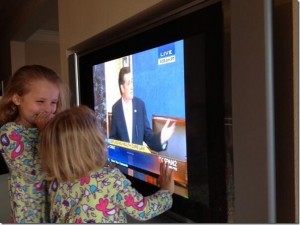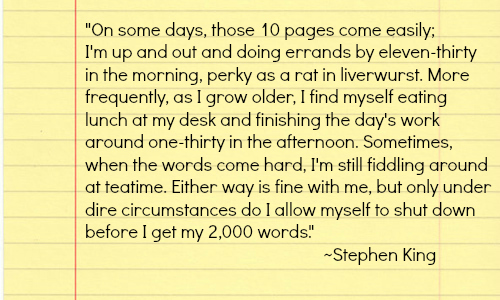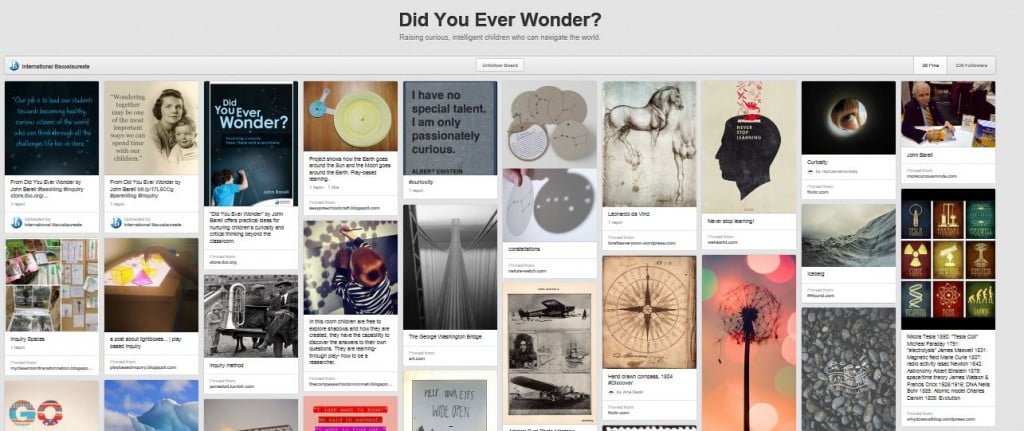Disclaimer: This post is part of course requirements following this assignment: Extend your identity in the direction of your career path and participate in a new online community. Interact online using your projected identity for at least six weeks. Think deeply about identity and learning and blog twice a week about your experience. Take time to analyze the meaning, power, and constraints of the community on your learning.
Week 4, Post 2
Thinking about Marshall McLuhan and Etienne Wenger today. I am excited about the news that Wenger will be speaking to our doctoral group in just a few days.
I wonder if Wenger would agree with McLuhan who wrote, “Societies have always been shaped more by the nature of the media by which humans communicate than by the content of the communication.” The Medium is the Massage (1967) I tend to nod toward content being king, especially in print media. I received this email just a few days ago. What struck me was the shift in language used by companies offering credit services. In the early days of credit cards, the themed idea centered around extending credit and allowing users to request inclusion in the credit organizations’ community. As potential customers, we were on the outside looking in.
I see a distinct trending difference in media advertisements today. Companies are reaching not only one but two hands to embrace and welcome potentials to their community. Community invitation is built on welcomed engagement. Notice the copy below. What words highlight an enticing community experience?
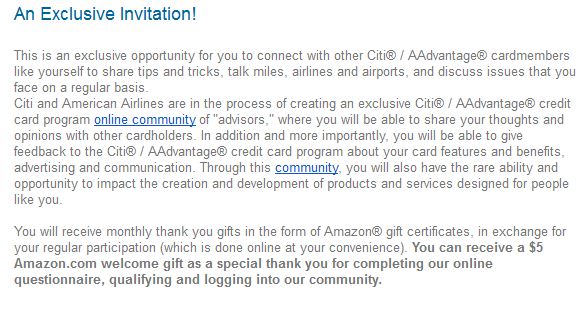
What did you notice? I saw these words: Opportunity/connect/share/issues you face/online community/feedback/impact creation
What was that? “Impact creation”? I am invited to enter at advisor status and impact creation? Pretty heady stuff! The stickiness of the advisors concept matriculates a person from customer to user to account holder to advisor.
Dan Sullivan writes about the fan page of Nilla Wafers, “Validation is the currency of the social Web, and good communities thrive when the actions of the top content creators are appreciated, curated, and enjoyed by passive lurkers.”
In the community I recently joined, e-Learning in Developing Countries, I see that there are a few super contributors and faithful responders. The majority of 10,255 members, though, seem to be lurkers, like me. Dan Sullivan, in his post, “Lurkers and Superfans: Why You Need Both in Your Facebook Communities describes lurkers as “The Dark Matter That Holds Communities Together.” I have been a fan of the potential of lurkers. Last year, I created a curated board on ScoopIt called “Lurk No Longer.” My ScoopIt curated board seeks to nudge lurkers toward active participation with various web tools.
In contrast, the Sci-Fi and Fantasy Book Club has many superfans and faithful contributors. I am wondering if it is no longer the medium that is the message, but the community that is the message? Is the message only as important as the community that energizes it? No, I think all messages have importance to someone. But these important messages can be lost or fail to multiply in communities that do not foster rich, interchanges and intriguing topics. So, then, is the community only as vibrant as the members that populate it? Possibly. Do online communities need organizers, amplifiers, and faithful participants just as exist in face-to-face communities? Very possibly. Quite possibly actually.
~~~
Sullivan, D. (2013, September 26). [Lurkers And Superfans: Why You Need Both In Your Facebook Communities]. Retrieved from http://allfacebook.com/crowdly-dan-sullivan-superfans-lurkers_b125468
Book Sources:
McLuhan, Marshall (1967). The Medium is the Message.
Wenger, E. (1998). Communities of practice, learning, meaning, and identity. (1st ed. ed.). Cambridge Univ Press.
